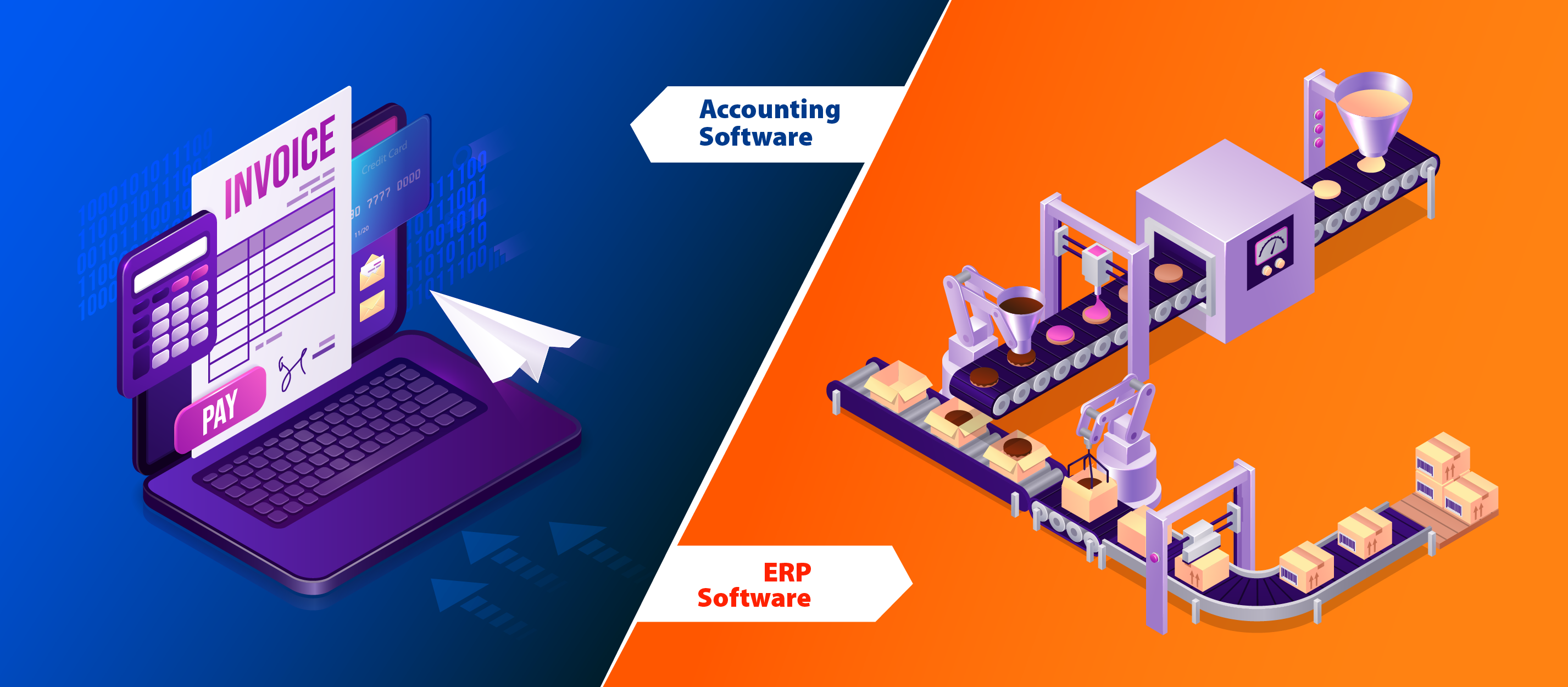
The Life Sciences sector is vast and diverse as it not only covers drugs and vaccinations, but also pharmaceutical and medical devices, extensive R&D, sample testing, and clinical trials.
The face of the Life Sciences manufacturing industry is constantly changing with the manufacturers looking for innovation, patient safety, and maintaining quality and hygiene standards with the changing technology.
There is greater emphasis on effective and reliable drugs and devices as the industry deals with critical life-saving medicines and equipment.
Since the industry regulations continue to get tightened, the challenges faced by the manufacturers are on a constant rise.
Life Sciences companies majorly face challenges like formulating complex compounds to meet targeted properties, tracing each lot from receipt, through production, to sales, all the while maintaining quality control and meeting regulatory requirements.
Whether it is the increased costs or supply chain difficulties, the Life Sciences manufacturers have to struggle with all to emerge as winners.
The industry is currently on the verge of a breakdown and desperately needs a revolutionary technology that helps it to overcome these barriers.
One such technological tool is an Enterprise Resource planning (ERP) software, specifically designed to address the Life Sciences industry’s challenges. Let’s explore how ERP is instrumental in meeting the challenges faced by Life Sciences manufacturers:
1. Manage Multi-dimensional Inventories
The source of material procurement might vary due to factors such as availability, vendor, and price.
Hence, the purity of ingredients also varies and it becomes extremely difficult for the manufacturers to calculate and manage the potency of the components used in each batch.
With an ERP software, you can keep formulation consistent throughout, as the automatic calculation and adjustment of chemical properties plus racking of expiry/shelf life can be done simply via a mouse click.
2. Overcome NC and CAPA Difficulties
Non-conformance must be immediately identified in order to take corrective action for the same and minimize the damage or loss.
An ERP takes active part in performing NC and CAPA to identify and respond swiftly to any current or potential product quality risks, failures or customer complaints.
3. Sample Management and Clinical Trials
Clinical trials involve rigorous testing, long product life cycles, and distribution of samples in various animal labs for effectiveness testing.
Keeping record of all the samples and the specified modifications manually is quite cumbersome and can lead to costly errors.
Whereas, an ERP can conveniently manage such records and trial histories automatically in a common database that can be accessed even at a later stage for reference use and audits.
4. Security of Electronic Records
Data security is crucial for any drug manufacturer; whether it’s regarding formulation, material substitution or sensitive reports and customer order details.
ERP systems provide a complete set of security features including access controls, data encryption, and server-based processing.
- Data Encryption – ERP security features give you visibility into transactional data, clinic records, and equipment specification details.
- Audit Trails – Keep record about all the revisions with their date and time in master database.
- Electronic signatures and passwords -Secured transactions by authorized operators keep the logs safe. It also creates summary and detailed log of all transactions for audits.
5. Stringent Compliance and Traceability issues
In addition to the functional requirements, drug and Life Sciences products’ manufacturers are expected to meet regulatory requirements set down by the US FDA, MHRA, IMB and other regulatory bodies.
An ERP software allows Life Sciences companies to optimize their processes and produce high quality products for distribution that meet ever-changing FDA compliance regulations.
Swift recalls can be made with the help of bi-directional traceability functionality of an ERP.
6. Maintain Device History and MBRs
As per FDA guidelines, it is compulsory for the companies to maintain device history or Manufacturing Batch Records (MBRs) that provide start-to-finish traceability.
It is mandatory to document everything about the production procedure- raw materials used. ERP makes it possible.
7. Contract Manufacturing
Drug commercialization and project management are usually long and complicated. At times, they involve multiple locations and third-party vendors.
ERP solutions provide an easy way to manage the complex project requirements and deal with the specifications of contract manufacturing.
8. Real-time Access to Information
Life Sciences industry is one industry where change happens at an extremely rapid rate. In such scenario, if the companies don’t act on time, they lag behind their competitors.
Therefore, they need a system that can give them real-time access to information through powerful reporting tools, so that right decisions can be taken at the right time to reduce costs, and drive growth. An industry-specific ERP is precisely that system.
9. Cost Management
The Life Sciences manufacturers need to significantly invest in their R&D initiatives, because that is where the next big drug or device comes from.
This investment needs big amounts in funding, which partly come from making timely savings.
Therefore, the Life Sciences manufacturers need an ERP system that can monitor the ‘spend’ to vendors, provide visibility into day-to-day expenses, and help reduce overall costs.
10. Commercialization Support
The Life Sciences companies work very hard to develop a drug or device and get approval for the same. And when the approval does come, the preparation to launch it into the market begins.
This entire process is a massive challenge for the Life Sciences manufacturers, as they need a system that can support the many processes that come with the product going to market; including manufacturing, sales and marketing, production planning and quality management.
ERP is one system that provides complete commercialization support to them.
BatchMaster ERP for Life Sciences is one such tailor-made solution with a mature approach towards Life Sciences industry’s challenges.
It comes with built-in quality and compliance functionalities that allow companies to implement desired operational functionalities and unlock their full potential to grow as a Life Sciences business.
Ask for a free demo on sales@batchmaster.com or visit www.batchmaster.co.in for more information.



















